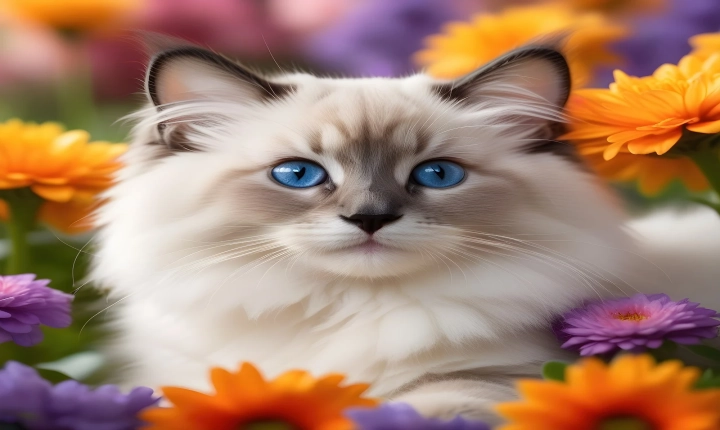Is AI Ruining Photography?
Photography has long been considered an art form, a way for individuals to express their creativity and capture moments in time. However, with the advent of artificial intelligence (AI), there is a growing concern that the essence of photography is being compromised. AI technology has undoubtedly made the process of taking and editing photos more accessible and efficient, but some argue that it is also detracting from the skill and creativity of the photographer.
One of the primary ways in which AI is impacting photography is through automated photo editing software. These programs use algorithms to adjust photos for exposure, color balance, and sharpness, among other factors. While this can undoubtedly save time for photographers, it also means that the human touch and personal style may be lost in the process. Additionally, the ease with which AI technology can manipulate images has raised concerns about the authenticity and integrity of photography as a medium for truthful representation.
Furthermore, the prevalence of AI-powered cameras and smartphones with advanced photo settings means that virtually anyone can take high-quality images without a deep understanding of photography fundamentals. This has led to a saturation of generic, cookie-cutter images flooding social media and other platforms. The artistry and uniqueness that were once associated with photography are being diluted as a result.
Another aspect of photography that has been affected by AI is the concept of composition. AI technology can analyze millions of images to determine what makes a visually pleasing photo and then provide suggestions to users. While this can be helpful for beginners, it risks homogenizing the creative process and stifling innovation. Photography is an art form that relies on individual vision and interpretation, and AI’s influence in this regard may hinder the development of photographers’ unique styles.
On the other hand, proponents of AI argue that it is not ruining photography but rather democratizing it. By removing certain technical barriers, AI allows a wider range of individuals to express themselves through photography. Moreover, AI can assist in tasks such as organizing and tagging large collections of photos, which can be incredibly beneficial for professional photographers and enthusiasts alike.
In conclusion, the impact of AI on photography is a complex and multifaceted issue. While AI undoubtedly brings many benefits to the photography world, there are legitimate concerns about the potential negative effects on creativity, authenticity, and the uniqueness of the art form. The challenge for the future will be to strike a balance between leveraging AI’s capabilities and preserving the essence of photography as a deeply personal and expressive medium. Whether AI is ultimately ruining photography or simply reshaping it is a question that will continue to be debated as the technology evolves.
